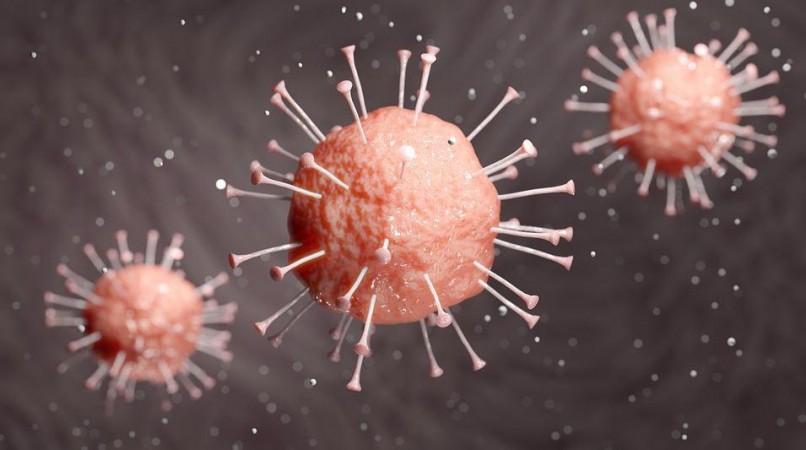A new study led by experts in the United Kingdom has found that a single dose of coronavirus vaccine developed by Pfizer and AstraZeneca could cut down the transmission rate by 50 percent. The study report also noted that people who took the first dose of either the Pfizer or AstraZeneca vaccines were between 38 percent and 49 percent less likely to pass the virus on than unvaccinated people.
High protection from coronavirus infection
The study led by experts at UK's Public Health England (PHE) also found that protection against Covid was seen from about 14 days after vaccination, with similar levels of protection regardless of the age of cases or contacts.

It should be noted that this protection is in addition to the reduced risk of developing severe symptoms in a vaccinated person which is around 60 to 65 percent, four weeks after one dose of either of these vaccines. The study report also suggested that households are among the most likely places for the infection to spread.
Coronavirus protocols should be followed
Even though this news comes as a light at the end of the tunnel, experts urge people to follow strict social distancing measures, as no vaccine gives 100 percent protection from coronavirus infection. Medical experts believe that double and triple mutated coronavirus variants are present in countries like India, and these mutants may sometimes dodge the protection offered by vaccination.
In the meantime, the World Health Organization (WHO) has warned that the super-spreading Covid strain from India, named B.1.617 is already present in at least 17 countries. According to WHO, some of the countries from where this variant has been detected include the United States, United Kingdom, and Singapore. The UN health agency has now classified the B.1.617 as a 'variant of interest', which means it could be more transmissible than the other variants of Covid.














